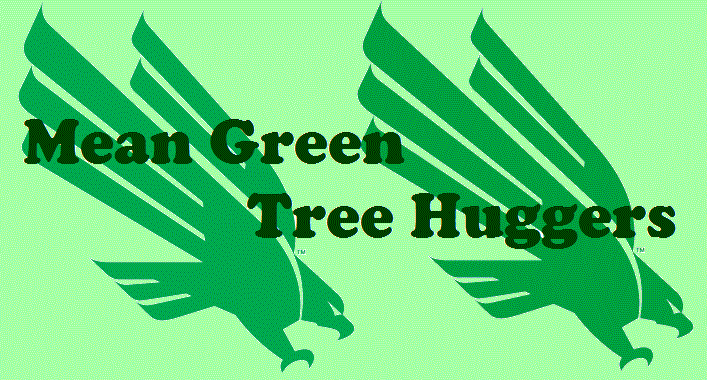 he deer overpopulate the mountain and kill all three; wolf, deer, and mountain. "I now suspect that just as a deer herd lives in mortal fear of its wolves, so does a mountain live in mortal fear of its deer" (Leopold 2). This is saying that when we try to make nature "better" everything becomes out of place. Collard was right on track with this in his "Rape of the Wild", when we try to make things better for mankind, it usually is at the expense of nature."Nature is still referred to as 'Mother Nature', although the phrase no longer reflects its original meaning...It stirs up fantasies of conquest in the language of hunters who claim to 'love' nature even as they kill her animals...It is clear that the word 'nature' does not so much define what we see but how we see. The hunter loves not nature but how he feels in it as he stalks his prey." (Collard 4-5) The original meaning of nature was untouched, and natural. But to a hunter, such as Leopold it is viewed as a place of paradise, but when they have other predators for competition, such as the wolves, they can't hunt for the prey as easily, in Leopold's case the deer. Leopold had an experience with nature that most hunters don't have, he saw that by killing off the wolves he was really killing the mountain. Most hunters don't care if the land dies, they only care about how much meat they get from the kill. When we as society take mother nature's resources, we are slowly killing nature, just as Merchant said. "The image of the earth as a living organism and nurturing mother served as a cultural constraint restricting the actions of human beings one does not readily slay a mother, dig into her entrails for gold, or mutilate her body."(Merchant 43). This quote supports how we take from mother nature and yet we never give back to her. This also demonstrates how we are killing mother nature slowly and not thinking twice about it because it is for our own use.
he deer overpopulate the mountain and kill all three; wolf, deer, and mountain. "I now suspect that just as a deer herd lives in mortal fear of its wolves, so does a mountain live in mortal fear of its deer" (Leopold 2). This is saying that when we try to make nature "better" everything becomes out of place. Collard was right on track with this in his "Rape of the Wild", when we try to make things better for mankind, it usually is at the expense of nature."Nature is still referred to as 'Mother Nature', although the phrase no longer reflects its original meaning...It stirs up fantasies of conquest in the language of hunters who claim to 'love' nature even as they kill her animals...It is clear that the word 'nature' does not so much define what we see but how we see. The hunter loves not nature but how he feels in it as he stalks his prey." (Collard 4-5) The original meaning of nature was untouched, and natural. But to a hunter, such as Leopold it is viewed as a place of paradise, but when they have other predators for competition, such as the wolves, they can't hunt for the prey as easily, in Leopold's case the deer. Leopold had an experience with nature that most hunters don't have, he saw that by killing off the wolves he was really killing the mountain. Most hunters don't care if the land dies, they only care about how much meat they get from the kill. When we as society take mother nature's resources, we are slowly killing nature, just as Merchant said. "The image of the earth as a living organism and nurturing mother served as a cultural constraint restricting the actions of human beings one does not readily slay a mother, dig into her entrails for gold, or mutilate her body."(Merchant 43). This quote supports how we take from mother nature and yet we never give back to her. This also demonstrates how we are killing mother nature slowly and not thinking twice about it because it is for our own use.
 r him to hunt, but after he kills one of the wolves he sees that by doing so he is killing the mountain and the deer he wishes to hunt. He begins to actually understand that the wolves are a very important part of the mountains well being and if he interrupts that connection than he can ruin his land and everything that lives on it. In DeFranza's article, he supports this realization by explaining that how the breeders are being killed and there is less and less wolves being born. The hunters could learn from Leopold's story to stop hunting and realize what they are doing and to stop being selfish. Also these hunters learning from Leopold's reading could put forth effort to help this problem and fix it.
r him to hunt, but after he kills one of the wolves he sees that by doing so he is killing the mountain and the deer he wishes to hunt. He begins to actually understand that the wolves are a very important part of the mountains well being and if he interrupts that connection than he can ruin his land and everything that lives on it. In DeFranza's article, he supports this realization by explaining that how the breeders are being killed and there is less and less wolves being born. The hunters could learn from Leopold's story to stop hunting and realize what they are doing and to stop being selfish. Also these hunters learning from Leopold's reading could put forth effort to help this problem and fix it.http://www.physorg.com/news181671301.html
http://www.designpics.com/dpcomp.asp?MediaID=1793089
http://www.oregonlive.com/news/index.ssf/2009/11/oregon_ranchers_wary_after_pac.html

